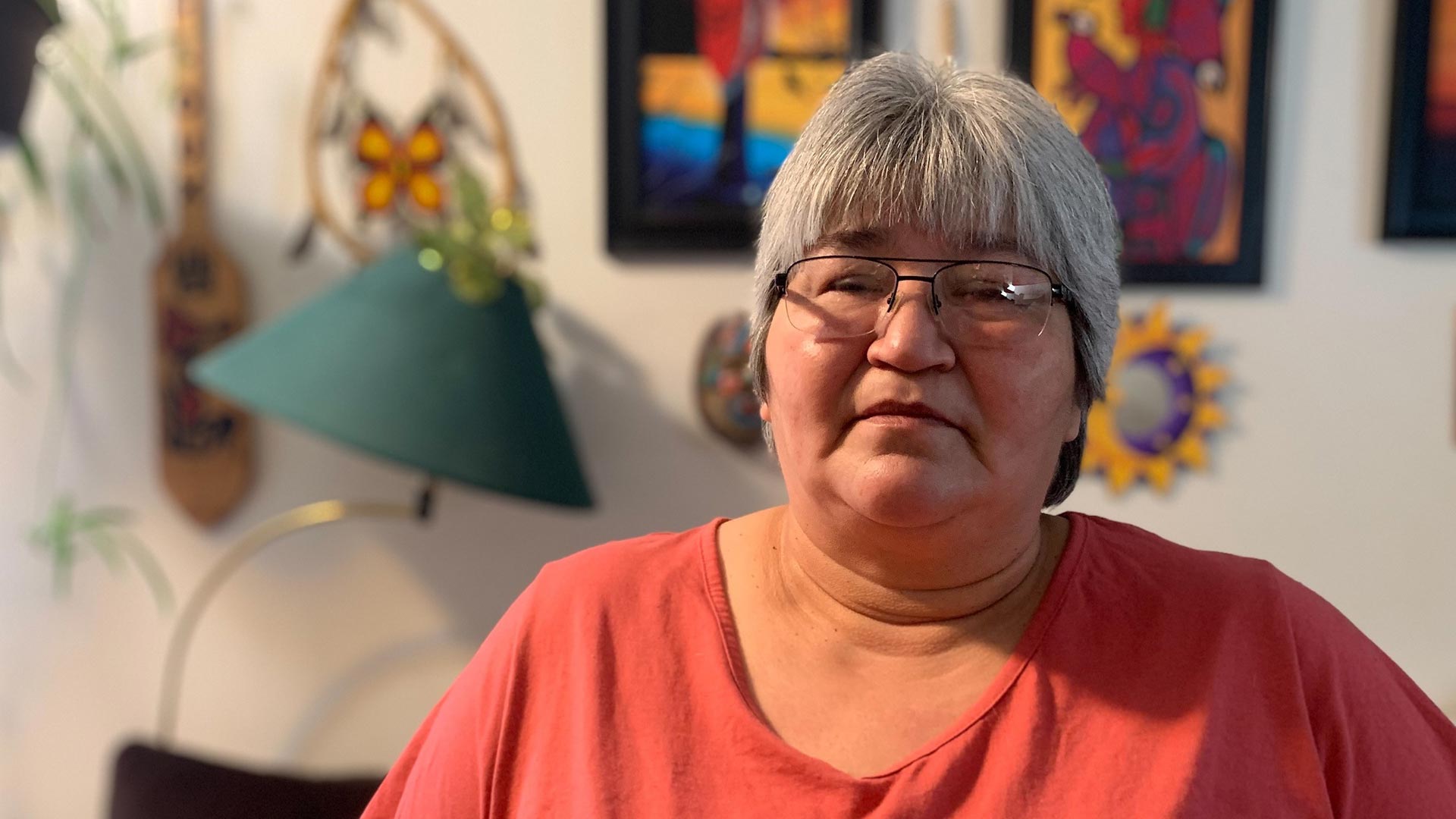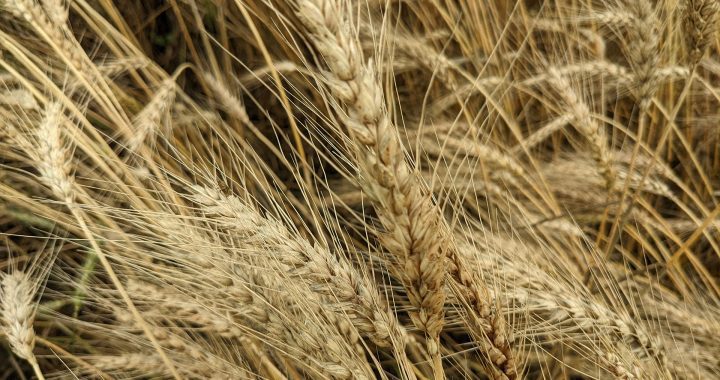Don Hutton’s life changed forever on Sept. 1, 2021.
It was on that day that Hutton’s 30-year-old son, Frank, died by suicide.
“It’s sad. He was such a beautiful boy,” Hutton says looking at his son’s photograph.
Hutton says Frank, who was a Na-Cho Nyäk Dun citizen, struggled with substance use and depression.
“The parallel I see with Robin Williams. Someone who was just so full of joy it seemed like. But on the inside…his life was so terrible from his perspective he took his own life,” Hutton says.
Hutton and his family are not the only families touched by grief in the small community of Mayo, Yukon. The community of about 450 people 405 kilometers north of Whitehorse is home to Na-Cho Nyäk Dun First Nation.
This year alone Yukon coroner’s service (YCS) says it investigated one suicide in Mayo, one suicide of a Mayo resident where death occurred elsewhere in the territory and two opioid-related deaths of Mayo residents in Whitehorse.
It also investigated one homicide in Mayo earlier in the year. YCS confirmed four of the five dead were identified as Indigenous people.
Now, community members of Mayo, Yukon, are asking the territorial government to call a state of emergency in response to its addictions and mental health crisis.
Last month the Yukon NDP party tabled a petition from Mayo residents in the legislature calling on the government to call a state of emergency in the community.
The petition states, “Mayo has experienced several substance use disorder-related deaths, with many being in this past year…a response developing both short-term and long-term resources with our community leaders and health services is needed.”
It goes on to say declaring a state of emergency would deploy an immediate response as well as develop “trauma and culturally informed [sic] resources in the community to address substance use.”
The community has one councilor who resides there.
While other supports are available to Mayo residents, they are not permanently located in the community. For instance, residents accessing supports like opioid agonist therapy must travel 230 km to Dawson City to receive treatment. Other supports, like a youth councillor and mental health nurse, visit the community from Dawson City bi-weekly or on an as-needed basis.
The territory has four mental wellness and substance use hubs that provide services to rural communities. Mayo’s closest hub is in Dawson City.
An audit released earlier this year by the Office of the Auditor General of Canada found the hubs to be positive overall, though it noted there were some issues affecting their delivery, such as staffing retention and a lack of cultural sensitivity for Yukon First Nations.
The audit gave four recommendations to improve service delivery including developing a recruitment and retention strategy and improving First Nations cultural safety. Health and social services minister Tracy-Anne MacPhee said in a statement her department was working to address the recommendations.
It’s unclear what specific supports NNDFN provides citizens, though its website gives the phone number for the resident councilor as well as other helpline phone numbers. It’s also unclear as to why NNDFN has not declared its own state of emergency which would guarantee supports from the federal government.
Chief Simon Mervyn did not respond to APTN News’ request for comment.
‘Time for action’
Calling a state of emergency is something Don Hutton supports.
Hutton says people in his community are struggling with many issues, like intergenerational trauma and the effects of residential school.
He says alcoholism is also rampant in the community.
YCS confirmed two people have died in the last five years in Mayo as a direct result of alcohol.
“We just lost another young man here recently that’s alcohol-related. The poor man, he was a drunk since he was a teenager and it took its toll on him,” Hutton says.
Hutton says these issues are not only affecting Mayo but many other small, rural communities, in the territory.
Hutton, who was a Liberal MLA for Mayo-Tatchun, crossed the floor earlier this year to sit as an independent due to his frustration with what he says was his government’s inaction on alcohol abuse and addictions in Yukon communities.
According to a 2019 report by the Canadian Centre for Substance Abuse and Addiction, Yukon is leading Canada in alcohol in per capita consumption level at 13.1 litres per capita sales despite having the smallest population for a province or territory.
Hutton says he brought his concerns to the government regarding Yukoners’ heavy alcohol consumption and asked for something to be done, especially for small communities like Mayo, but he says to no avail.
“I listened for five years to words. It’s time for action. I want to see some help for this community,” he says.
It’s an issue Karen Nicloux knows all too well.
Nicloux is an NNDFN citizen who was born and raised in Mayo and now lives in Whitehorse.
Nicloux says she turned to drugs and alcohol to deal with the trauma she experienced while living in Mayo and Whitehorse.
“It helped me numb out and not feel all the stuff that was going on in my mind,” she says.

Her addiction led her to dealing drugs and eventually, serving jail time.
Now 11 years sober, she’s worked for harm reduction groups as well as going door-to-door offering support to people who use drugs in Mayo and across Yukon. She also serves on NNDFN’s wellness committee.
Nicloux says she’s extremely concerned about the toll drugs and alcohol have taken on her home community. She thinks there are as many as 50 to 100 active users in Mayo during any given day.
“The drugs that they’re getting are cut so bad. It’s like playing Russian roulette – there’s one bullet that’s loaded. Well, nowadays, all the bullets are loaded,” she says.
Like Hutton, Nicloux says she’s likewise frustrated at the lack of supports in Mayo and would like to see the government declare a state of emergency.
Nicloux says she’d like many additional supports to be offered, including a full-time female therapist in the community as well as outreach workers that go door-to-door as she did.
“Something needs to be done,” she says.
“We need the government to step up and provide housing for this kind of staff, we need not just First Nations trying to scramble and get all this done, but (Yukon territorial government) and the federal government really need to step up and try to address this in the communities because these people are dropping like flies.”
Communities left behind
Kate White, leader of the Yukon NDP which has tabled the petition, says declaring a state of emergency could provide Mayo residents with the supports they need.
“It would give us the ability to look outside our borders to get the support that we need and make sure it will go where it’s needed to go,” she says.
White says that could include access to more councilors or addictions treatment, and that it’s ultimately up to the community to decide what’s needed.
She adds many rural Yukon communities are struggling with addictions and mental health issues, and that supports like a supervised consumption and detox facility are currently only based in Whitehorse.
White says escalating the problem is the territory’s opioid crisis.
Last week, YCS announced Yukon is leading Canada in opioid deaths. Yukon’s crude rate, or deaths per population of 100,000, is 48.4, surpassing B.C.’s crude rate of 40.4. Fifty-four people have died in Yukon since the opioid crisis hit the territory in 2016.
Through the Yukon NDP’s Confidence and Supply Agreement (CASA) with the Liberal government, a safe supply of opioids is now available in Whitehorse, though it has yet to be rolled out to the communities.
“Ultimately when everything comes back to Whitehorse that’s the problem. The safe consumption site is in Whitehorse. The safe supply is accessible only in Whitehorse, and that is a barrier,” she says.
White notes despite the challenges, it’s an issue that wouldn’t be an easy problem for any government that’s in power to solve.
“It’s not easy. If it was easy we would have done it already and moved forward.”
State of emergency not yet declared
Health and Social Services Minister Tracey-Ann MacPhee wasn’t available for an interview with APTN but in the legislature last month her government has taken action to address the issue.
MacPhee noted Yukon government has taken “concrete steps” to improve services in communities, and people living outside of Whitehorse can access the safe opioid supply program with help from their health centre, though she has admitted more needs to be done.
On Nov. 29, MacPhee said a mental wellness summit will be held to discuss solutions for Mayo, though she stopped short of calling a state of emergency.
“We look forward to working with the Town of Mayo, its citizens, and the Na-Cho Nyäk Dun First Nation as we go forward to address this important critical issue,” she said.
But Nicloux says if something isn’t done, and soon, it will only lead to more deaths.
“It’s not going to stop until we start getting some action from the government. They campaigned, they made promises, so let’s step up and do it,” she says.
Meanwhile, Hutton says he’s speaking out about his son in hopes it will break the stigma surrounding addictions and mental health.
“We need to stop teaching our boys you’re not a man if you cry. It’s okay to cry. I heard that from my grandson. It really moved me. We need to teach our young men. If you’re hurting, reach out.”









